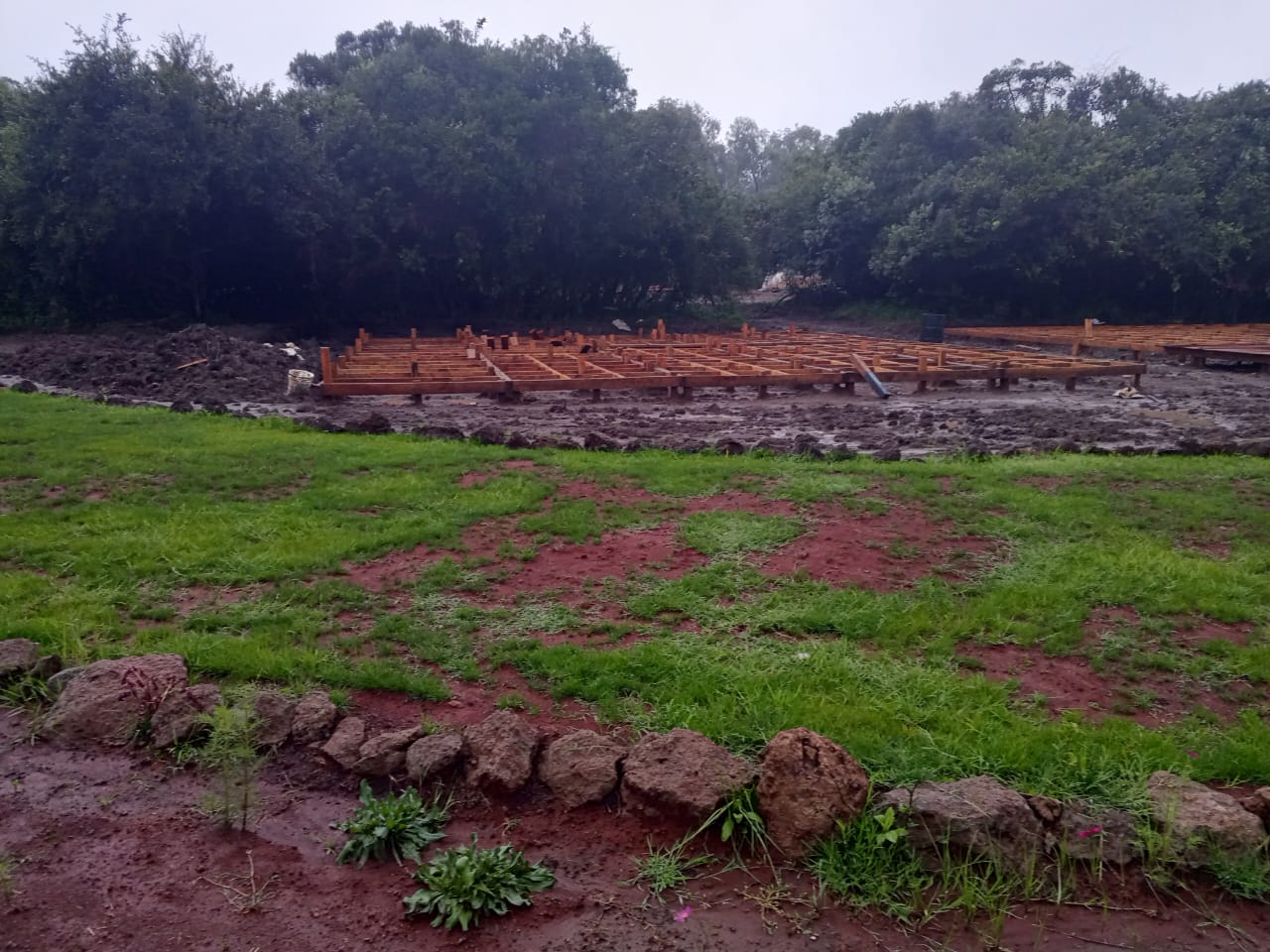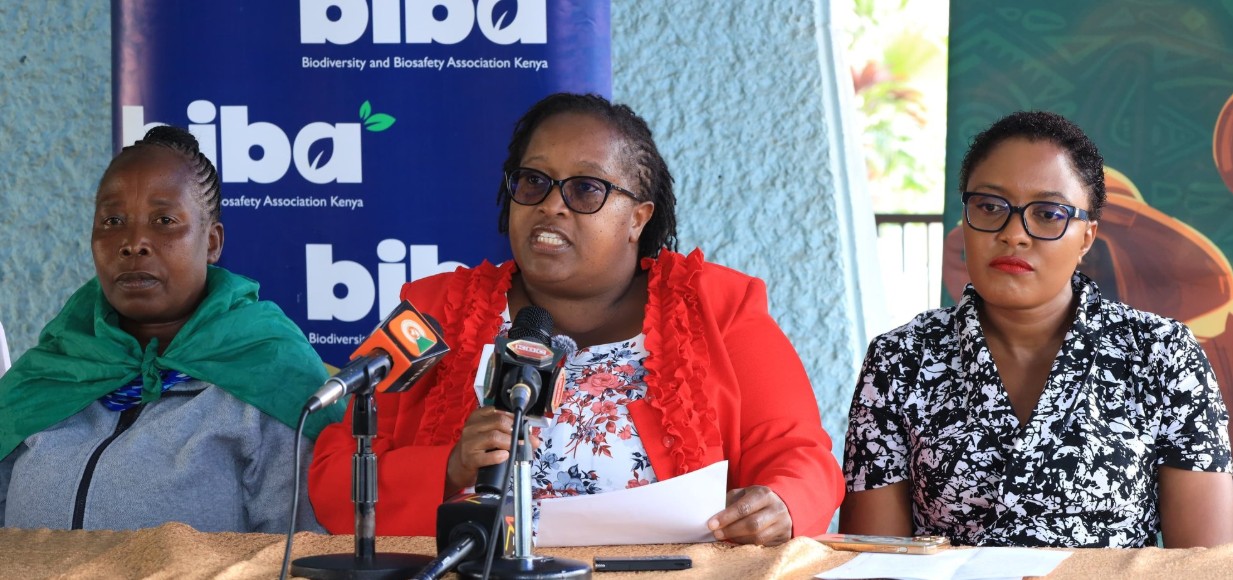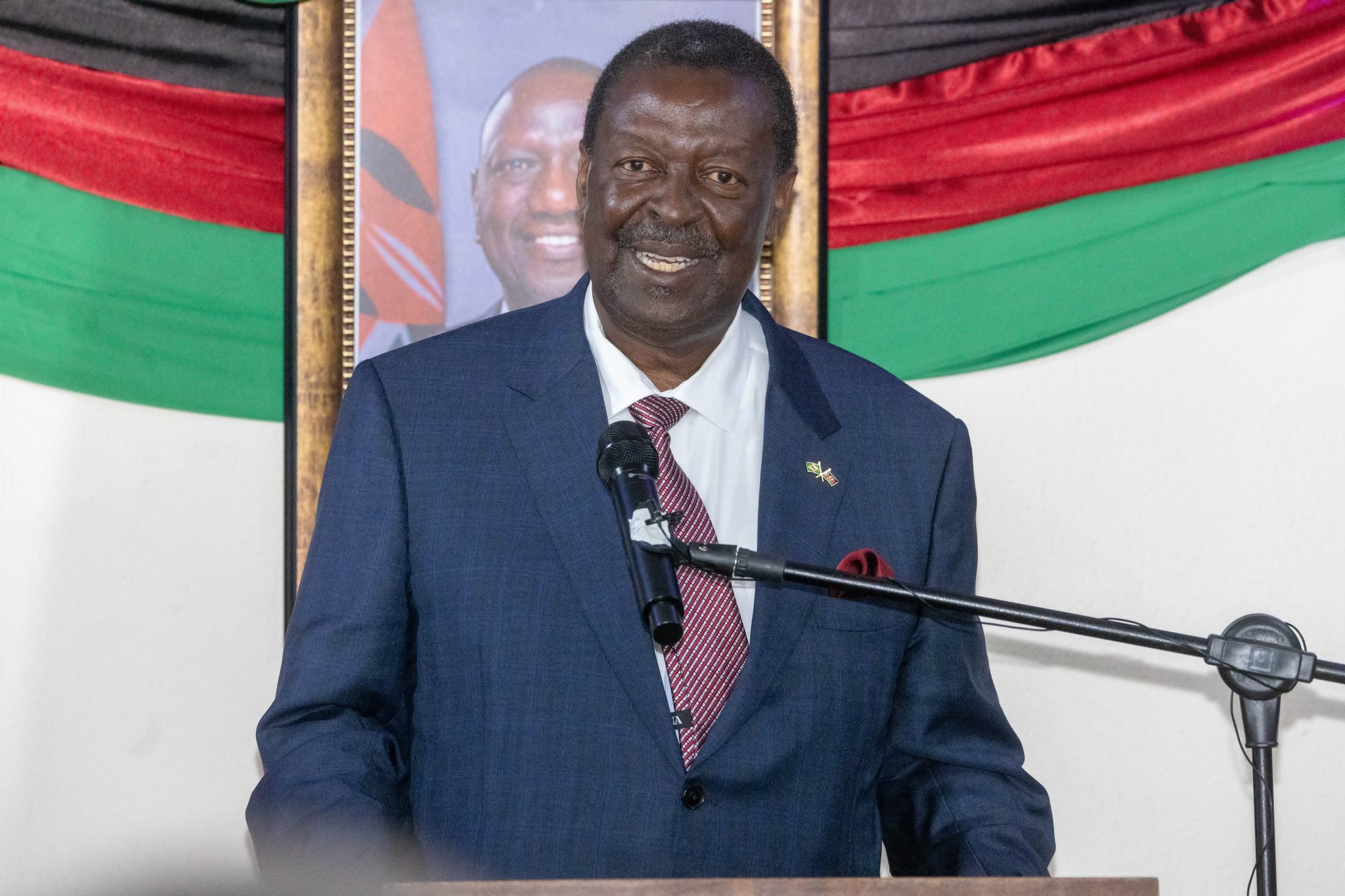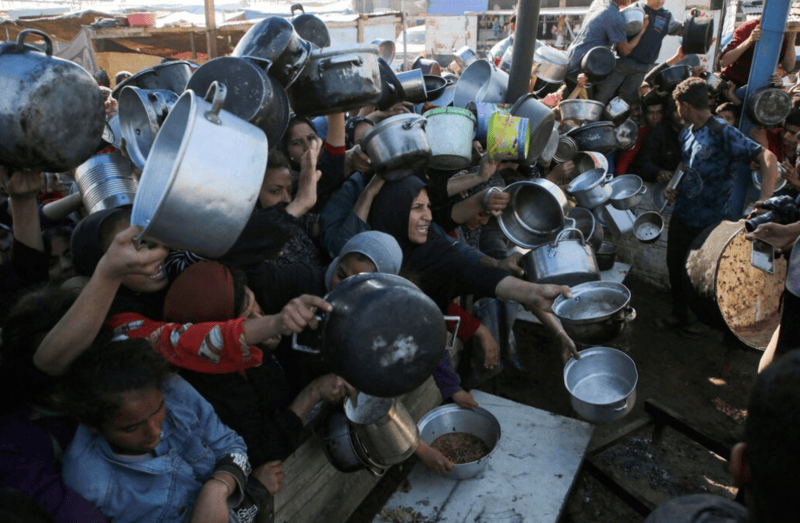Government orders refugees to surrender their passports within 30 days
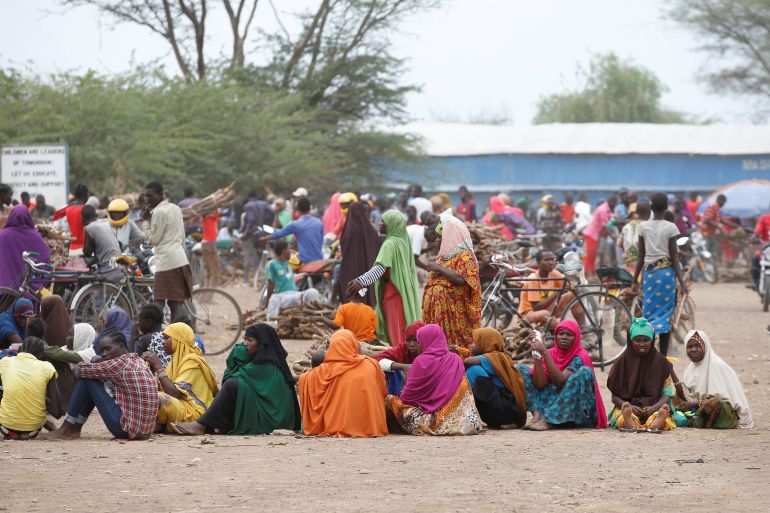
Under Section 17 of the Refugees Act, refugees who ignore these orders could also face expulsion from the country.
The Ministry of Interior has directed all refugees and asylum seekers in Kenya to surrender their passports within thirty days.
This follows reports that some refugees have been using passports from their home countries for unauthorised travel.
More To Read
- Dadaab refugees plead for aid restoration as Trump cuts deepen crisis
- Inside Sh39 billion new funding to boost refugees’ education in Africa
- UNHCR warns of looming health crisis for 12.8 million displaced people
- Influx of 40,000 fleeing DRC war worsens Burundi humanitarian plight, UN says
- Garissa MCAs walk out of consultation meeting on socio-economic inclusion of refugees
- Somali refugees in Dadaab fear Trump’s return will trigger new travel ban
Commissioner for Refugee Affairs John Burugu emphasised the seriousness of this directive, warning that non-compliance could lead to significant legal consequences, including the cancellation of one’s refugee status.
Under Section 17 of the Refugees Act, refugees who ignore these orders could also face expulsion from the country.
In a notice dated September 30, 2024, the commissioner further explained that individuals could lose their refugee status if they provide false information or fail to disclose critical details during the application process.
Burungu reiterated that a refugee's status might be revoked if sufficient evidence suggests they should not have been recognised as a refugee in the first place.
In his statement, the commissioner urged all refugees to cooperate with this directive to safeguard their rights as protected under international law and the Refugees Act of 2021.
"Your safety and well-being are our top priority, and we are committed to upholding the rights and protection of all refugees and asylum seekers in Kenya," Burungu assured them.
The directive comes just two months after President William Ruto's administration initiated the integration of over 700,000 refugees from the Dadaab and Kakuma camps.
This process, which began in July, resulted from discussions with lawmakers from Turkana and Garissa counties.
According to the United Nations, the goal of transitioning refugees into integrated settlements is to foster socio-economic inclusion and provide additional support to surrounding Kenyan communities.
Immigration Principal Secretary Julius Bitok had said a new plan called the Shirika Plan, which will be launched in November, will see Daadab and Kakuma integrated into Garissa and Turkana counties, respectively.
Bitok stated that the plan, which will be implemented in collaboration with the national government, respective county governments, the UN, and the UN Commission for Refugees, will ensure that the camps benefit from increased socioeconomic investments such as schools, health facilities, roads, and modern markets, among other key infrastructures.
He estimated that sh115.6 billion would be required to implement phase one of the four-year project.
"This money will come from different partners and donors, including governments and the private sector. It will be channelled not only through the government but also through international NGOs, county governments, ministries, and departments such as the Ministry of Lands," Bitok said.
Top Stories Today
